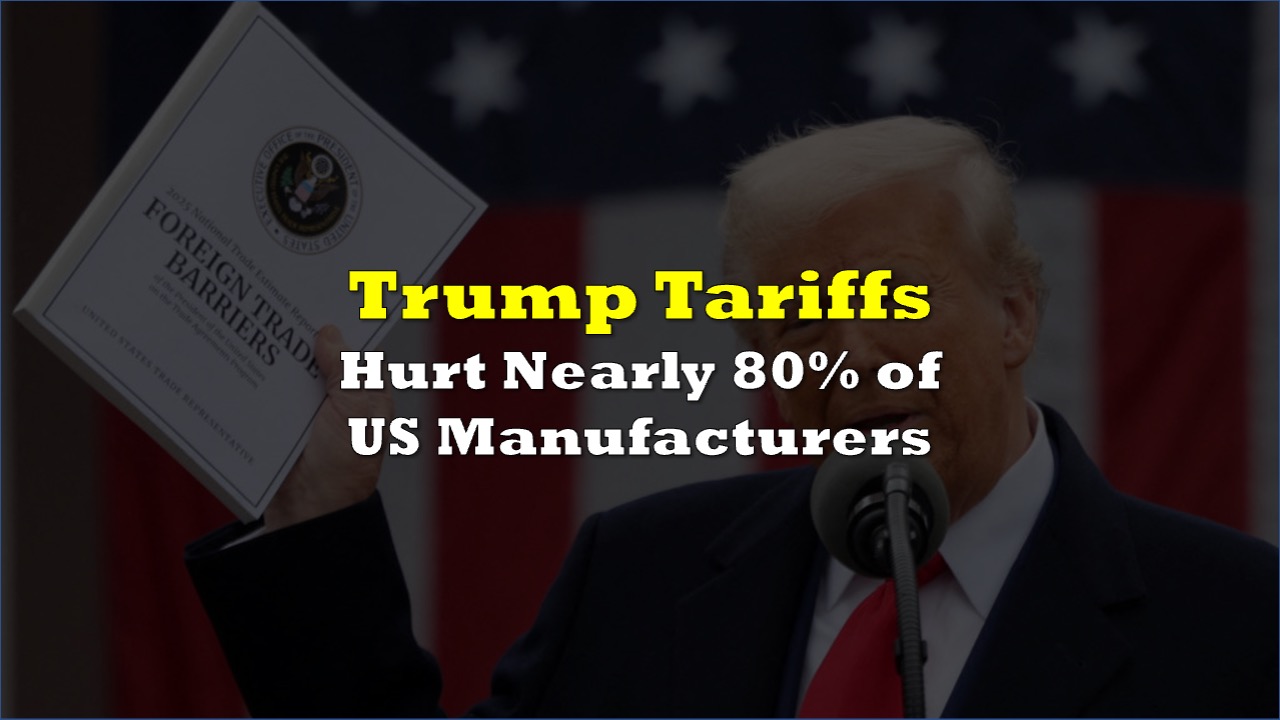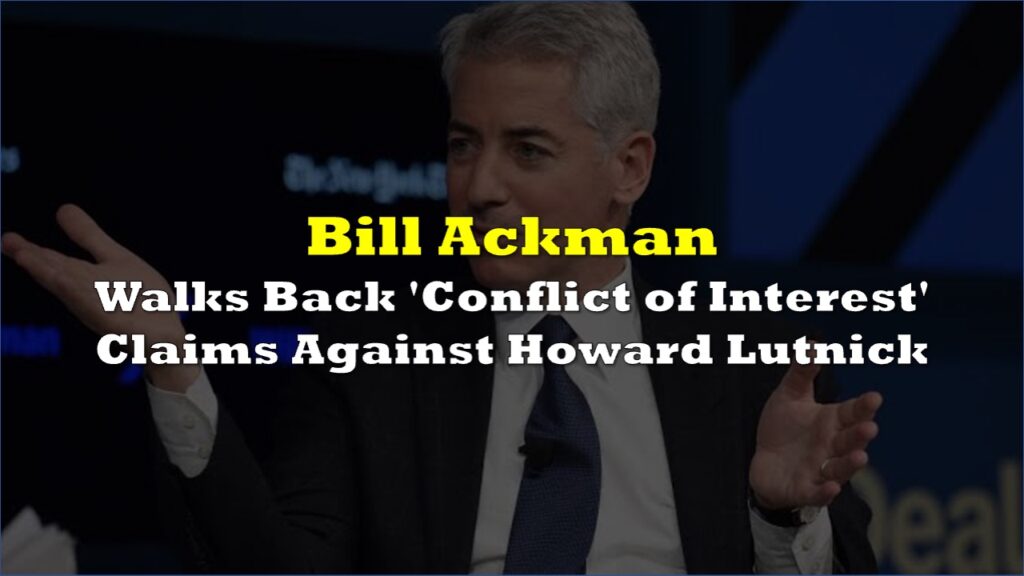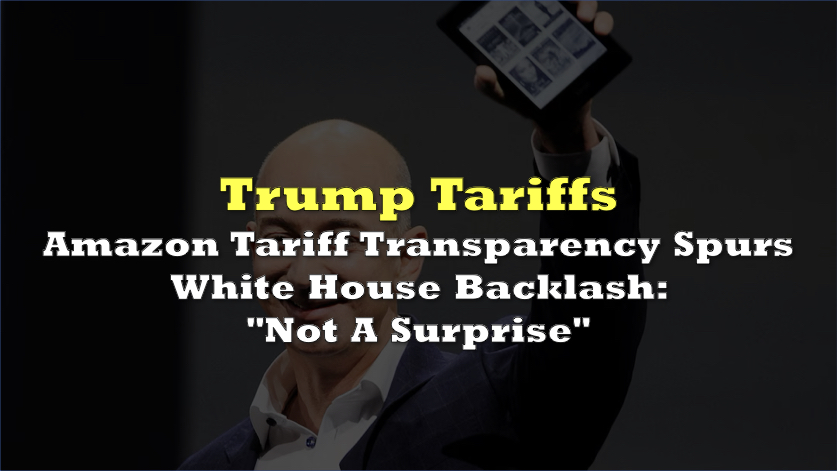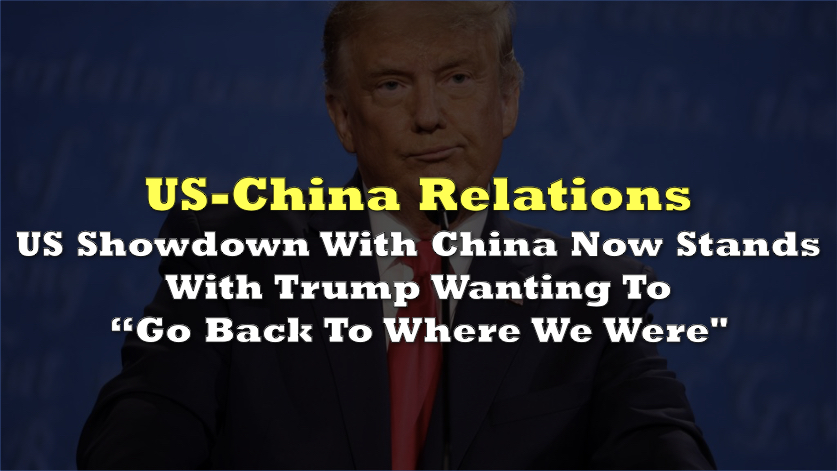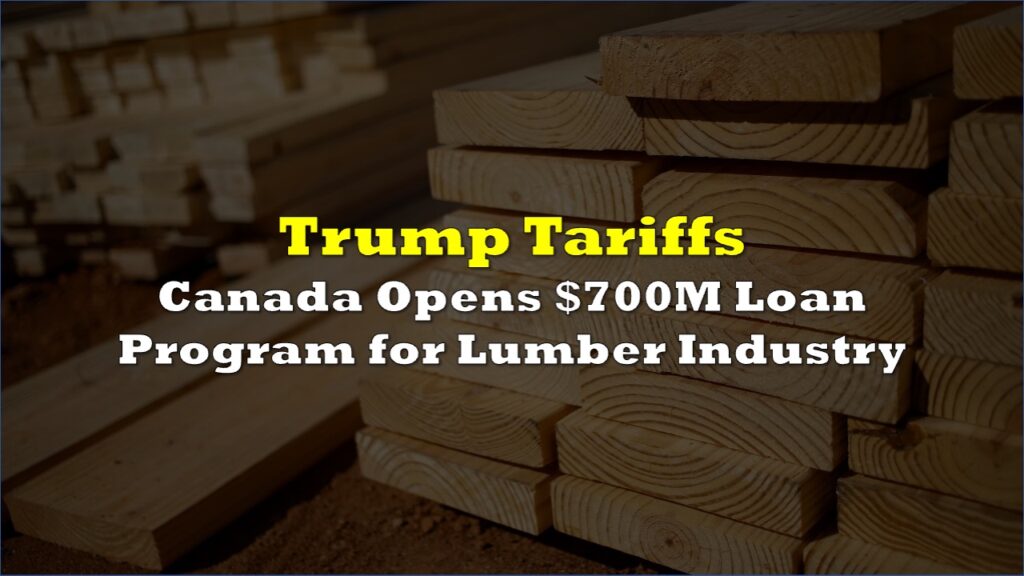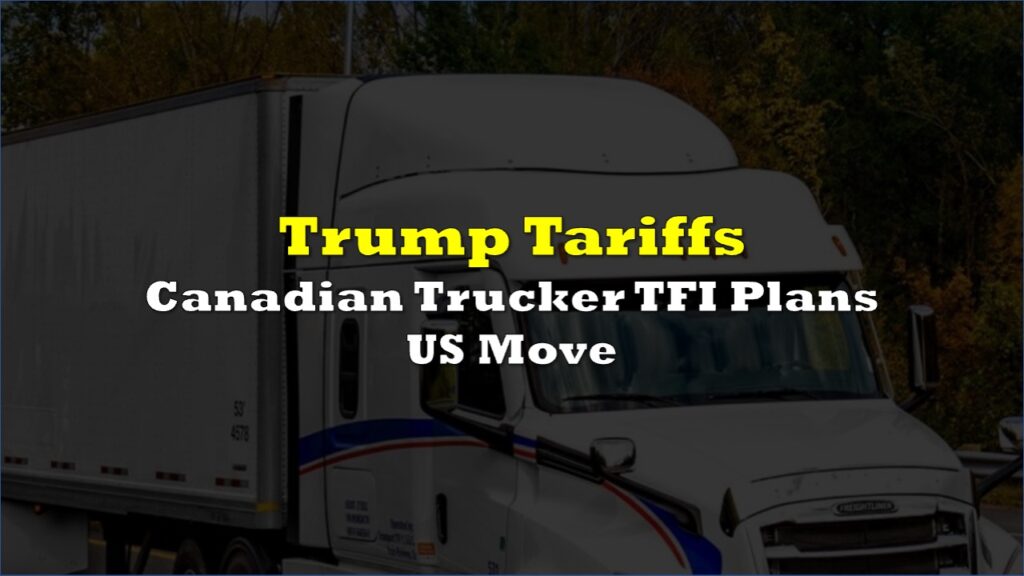Nearly 80% of US manufacturers report increased costs from President Donald Trump’s tariffs, with more than half saying the trade policies have dampened their business outlook, according to new survey data that undercuts the administration’s promise to revitalize American manufacturing.
The National Association of Manufacturers survey, analyzed by Bloomberg, shows 79.7% of companies face higher costs while 57.4% report reduced growth expectations. More than a third have delayed or canceled investments, and 33.7% have implemented hiring freezes or reduced their workforce.
Trump's tariffs have had exactly the opposite of the intended effect. 40% of American manufacturers have delayed or cancelled investments. pic.twitter.com/8Cdq1uFYcE
— Paul Graham (@paulg) June 14, 2025
The findings come as federal courts have ruled Trump’s sweeping tariffs illegal, creating additional uncertainty for manufacturers already struggling with supply chain disruptions and rising input costs.
The tariffs have been an unmitigated disaster for domestic manufacturing https://t.co/avX5HDdBNt pic.twitter.com/KAWo6GSYhB
— Alec Stapp (@AlecStapp) June 14, 2025
The US Court of International Trade ruled unanimously in May that Trump’s tariffs imposed under the International Emergency Economic Powers Act exceeded presidential authority. The contested tariffs were projected to raise $156.4 billion in federal revenue in 2025.
The US Court of Appeals for the Federal Circuit has temporarily stayed the ruling, keeping tariffs in place during appeals that could reach the Supreme Court.
“At the moment, it is anyone’s guess as to whether these very unpopular tariffs will be reinstated on appeal,” Carl Weinberg, chief economist at High Frequency Economics, wrote in a May 29 research note.
A separate CNBC supply chain survey found 63% of companies expect a recession this year due to tariffs, with 89% reporting order cancellations as the most common response to the trade policies.
The Penn Wharton Budget Model estimates Trump’s tariffs will reduce long-run GDP by 6% and wages by 5%, costing middle-income households about $22,000 over their lifetime. The tariffs amount to an average tax increase of nearly $1,200 per household in 2025, according to the Tax Foundation, making them the largest tax hike since 1993.
China, Canada and the European Union have imposed retaliatory tariffs affecting $330 billion of US exports as of April. These measures are projected to reduce US GDP by an additional 0.2% and cost $132 billion in revenue over 10 years.
Some companies have announced new US manufacturing investments. Honda is moving Civic Hybrid Hatchback production from Japan to Indiana, while Hyundai committed $21 billion to domestic manufacturing through 2028.
However, when companies do consider reshoring, 81% say they would rely more on automation than human workers, according to the CNBC survey.
“What you’re not seeing is investment and reshoring among American firms,” economist Shaowen Yang told Newsweek in May. “What you’re seeing is disinvesting.”
The legal challenges could continue for months as appeals proceed through federal courts. If tariffs are ultimately ruled illegal, companies that paid billions in duties may be entitled to refunds, though the process remains unclear.
Only 7.9% of manufacturers in the National Association survey reported no impact from tariffs, while 7.6% said they had considered relocating operations outside the United States.
Information for this story was found via Bloomberg, and the sources and companies mentioned. The author has no securities or affiliations related to the organizations discussed. Not a recommendation to buy or sell. Always do additional research and consult a professional before purchasing a security. The author holds no licenses.

